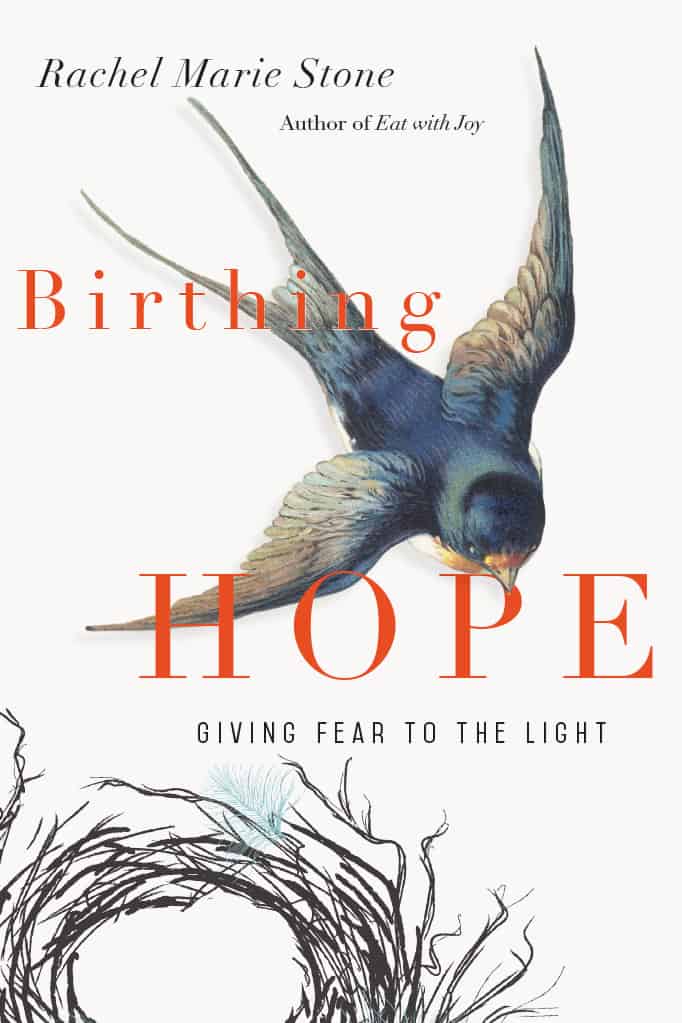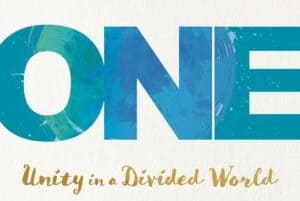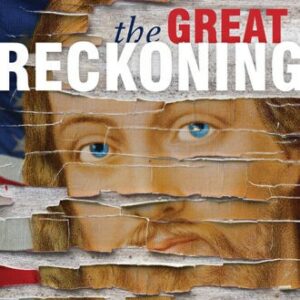
By Rachel Marie Stone
I was born the same year that a strange malady called GRID first began killing gay men in New York and San Francisco. My mom received several pints of donated blood right after I was born, a few years before HIV was identified as the cause of GRID. This was before anyone realized that far from being restricted to the so-called “four Hs” generally regarded as contemptible “others” (heroin addicts, homosexuals, Haitians, and hemophiliacs), AIDS was indiscriminate. Statistically speaking, my mom wasn’t in much danger. But she sometimes mentioned those transfusions. She was aware that she wouldn’t have been immune to the illness that so many religious people at the time were calling a just punishment from God.
When I was five or six, not long after the first famous people started dying of AIDS and people started openly talking about it, my dad became acutely ill. He had been moderately unwell for several years but now he grew thin and gaunt. His mouth was lined with sores and he had diarrhea all the time. The members of our largely Italian church in Brooklyn, where he was the pastor, made lasagna and baked ziti.
“Eat, eat,” they would say. “We have to fatten you up.” But my dad got thinner and weaker. He lay on the couch in the middle of the day. He had generalized lymphadenopathy (swollen lymph nodes all over his body). I heard him crying in the bathroom. The doctors said it must be cancer, or it must be something else, but they didn’t know what. The Salvadoran grandmother of some church friends—known universally as Mama—spent two hours on the bus to bring a brown paper bag containing a single egg and several spices.
“I make you ponche crema, pastor. Ponche crema make you better,” Mama said in her broken English. Ponche crema was basically warm eggnog, but the gesture was everything. An old woman was giving what little she had—her precious recipe—to a sick man as her cherished ritual of care.
There was sickness in Mama’s family, too. Her granddaughter’s husband, Joe, was sick and no one knew what it was. Joe was my dad’s age, and the congregation offered prayers for them in the same breath. They were companions in illness; the “sick guys.” Then one day, Joe, who was not gay, not Haitian, and not a hemophiliac, had an answer to what was wrong—he had once used needle drugs. Now his wife, Vera, was also infected.
My dad asked for the HIV test.
When I was five or six, not long after the first famous people started dying of AIDS and people started openly talking about it, my dad became acutely ill…he asked for the HIV test.
Joe and Vera lived by the water, and Joe had a glass bottom boat. He said he’d take me out on the bay so that we’d be able to see the fish swimming underneath. Joe died just a little while later, and my dad’s HIV test came back negative.
It turns out that my dad had celiac disease. All that lovingly offered pasta full of gluten turned his body against itself. Bowls of rice replaced loaves of bread, and soon after my dad was perfectly well. But then phone rang, and Vera, too, was dead.
My mother did not acquire the virus at my birth and did not pass it to me. My father did not have the virus and did not die, though he came close. We were okay, for now. But you never knew. Someone might rape you or poke you with a needle in a crowd or hide a needle in a theater seat. Someone might spill something disgusting on you. You might go for a dental cleaning only to be intentionally infected by a deranged hygienist.
Or, decades later, you might find yourself standing in the blood and body fluids of the maternity ward, holding your hands to the light and fretting over whether your chewed-up cuticles and paper-cut skin was broken enough to let in the virus you’d dodged all these years.
Rachel Marie Stone’s writing about food, faith, justice, public health, and maternal health has appeared in the Washington Post, the Huffington Post, Christianity Today, the Christian Century, Books and Culture, Sojourners, In Touch magazine, Religion News Service, Patheos, and more. Her first book, Eat with Joy: Redeeming God’s Gift of Food, won a Christianity Today Book Award and was named by a Religion News Service columnist as one of the year’s ten most intriguing titles in religion. She was chosen to revise the classic cookbook More-with-Less, which has sold nearly a million copies. Stone has lived overseas in three countries for five of the past ten years, has taught English in Malawi, Africa, and prekindergarten in New Jersey, and is now a high school English teacher at the Stony Brook School, a boarding and preparatory school on Long Island (NY). She has two sons with her husband, Tim. This excerpt is taken from Birthing Hope: Giving Fear to the Light copyright (c) 2018 by Rachel Marie Stone. Published by InterVarsity Press, Downers Grove, IL. Used with permission.


